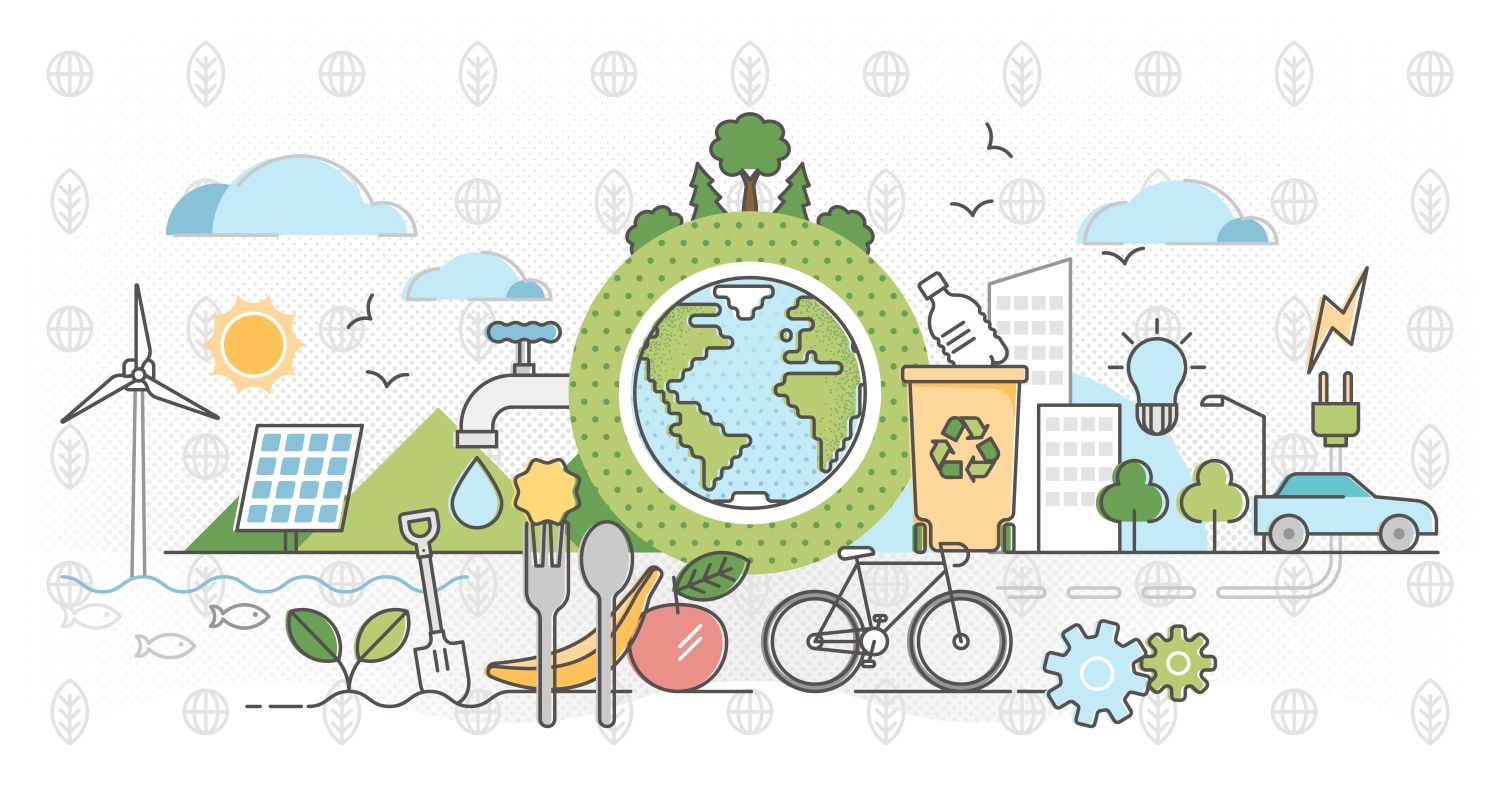
Addressing the existential threat of climate change is an urgent priority. When decision-makers consider all the tools for addressing climate change, they rarely consider education. There is an important and wide-ranging opportunity to enhance this vital work through investments in climate literacy. We envision a public engaged in community resilience efforts, prepared for climate ready careers, able to adapt and innovate, and willing to embrace new policies to help our nation meet its commitments under the Paris Climate Agreement.
A coordinated and collaborative effort focused on national and state legislation, combined with the power of cross-sector stakeholder networks, will significantly boost our ability to address climate change through education, training, public engagement, civic participation, and access to information. It is time to realize a bold vision for climate literacy.
How can investments in climate change education have a positive impact across varying sectors?
- Climate Science
- Train future climate scientists and specialists that will assist in finding solutions to the climate crisis.
- Support youth in developing habits and lifestyle choices that lower their carbon footprint.
- Inspire generations of environmental stewards and climate activists.
- Social Justice
- Increase awareness about the disproportionate impacts climate change has on frontline communities.
- Encourage engagement with frontline communities to mitigate the disproportionate impacts of climate change in these areas.
- Policy
- Train future policymakers to support science-informed decisions and policies.
- Economics
- Prepare younger generations for careers and clean industries, especially those focused on combating climate change.
- Encourage students interested in all careers to gain background knowledge in climate and sustainability topics.
- Conservation
- Educate students about the effects of climate change on habitat and biodiversity and the benefits of conservation on mitigating these negative impacts.
- Prepare younger generations for careers in conservation, especially those focused on combating climate change.
- Technology Development
- Inspire students to become innovators and investors in technology that will help combat climate change.
- Prepare students to enter careers in electric transportation, renewable energy, and environmental engineering.
- Public Health
- Educate students about the connection between climate change and public health impacts (i.e., urban heat islands) and the tools to combat these issues.








